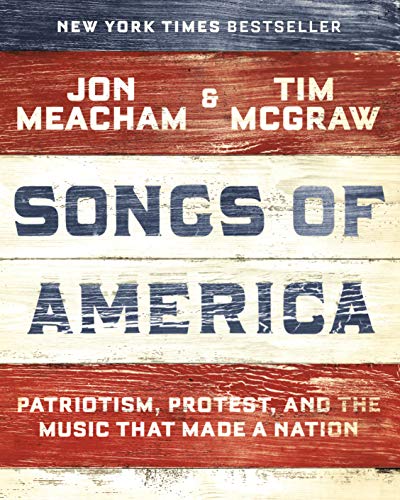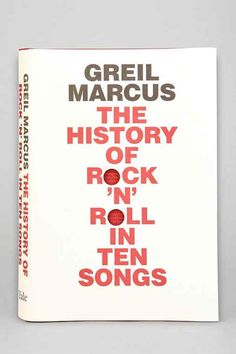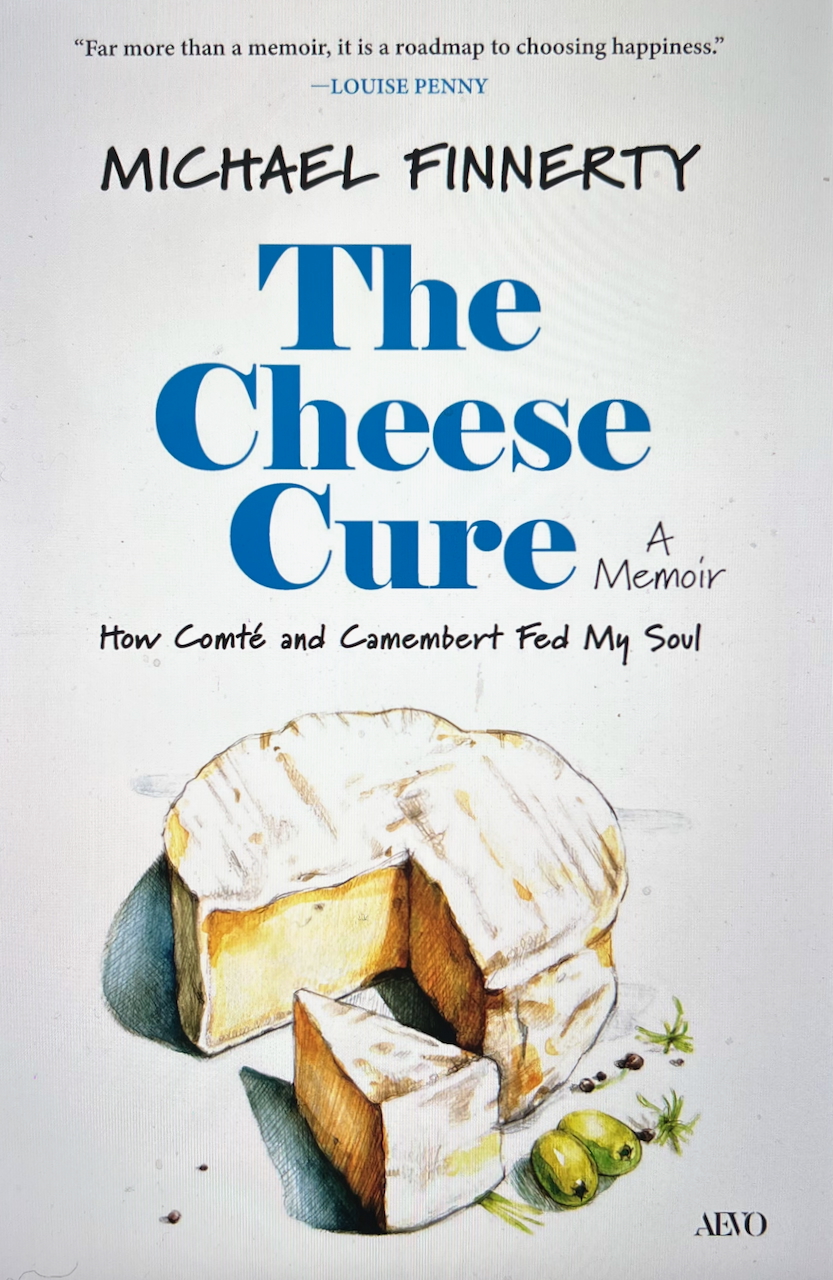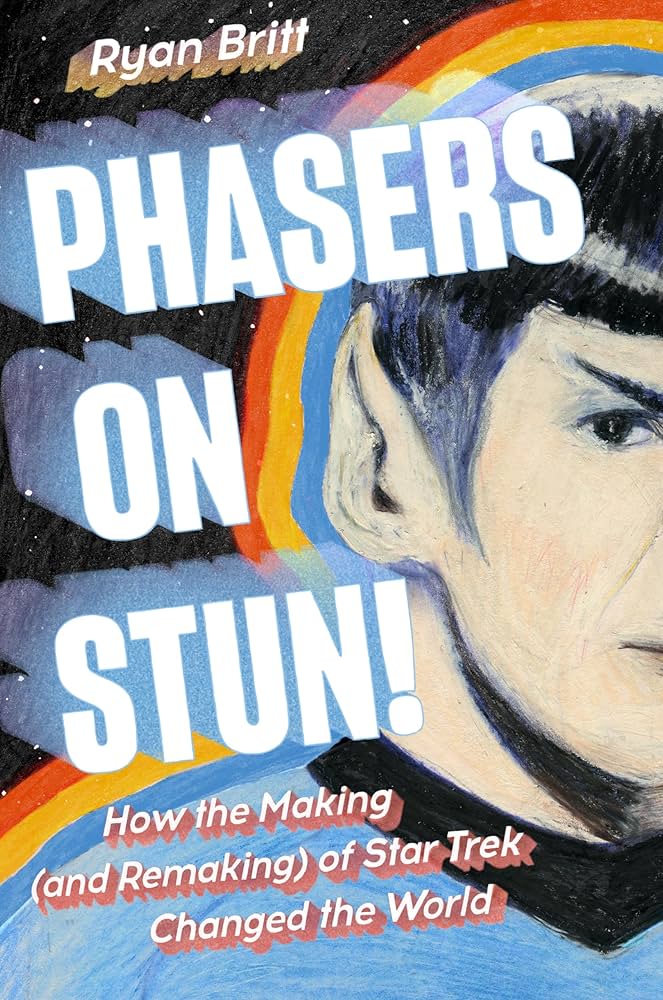Everybody Must Get Stoned
A review of Bob Dylan’s latest book in the style of Bob Dylan.
December 30, 2024
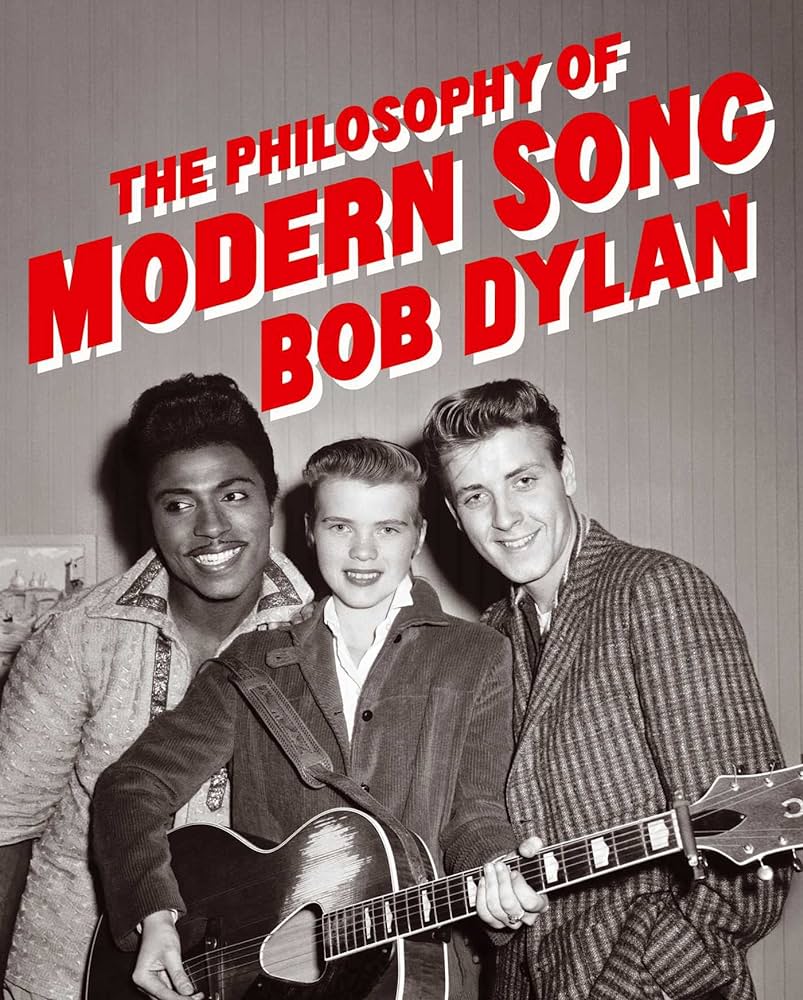
The Philosophy of Modern Song
first, an apology . . . im handing in this review VERY late . . . I told common reader managing editor ben fulton id have it to him like a year ago but i didnt because what happened was that I kept looking at the book & it kept looking at me & I just had trouble feeling EXCITED about it & probably vice versa . . . i mean, are YOU excited that bob dylan wrote a new book? let us not talk falsely now . . . so i shambled & gambled from ashtabulu to honolulu like a freewheelin’ fool but all the while i knew the BOOK was sitting there on my desk at good ol (rebranded) WashU . . .
I hear you sayin but Dr. B! you LOVE bob dylan! & thats true at least of the ’60s stuff but the problem I have with excitement as regards reviewing a BOOK by bd is that a book is all words . . . you see english-major types think of ol bob as a POET & give him the nobel prize & suchlike when really the words even when they’re great (check out “visions of johanna”) are LYRICS to MUSIC SONGS & at his best bob used to write & sing & play some really great songs . . . if you dont believe me then listen to the electric half of “live 1966” (aka “the royal albert hall concert” . . . you know the one where that unhip brit yells judas!) in which the worlds loudest, sloppiest bar band ROARS out with warmth & light while bob snarls his way through the gumbo like a bracing dash of astringent tabasco . . . oh & if youre one of those chuckleheads who says bob ‘cant sing’ or whatever, well you should know what a drag it is to see you . . .
anyway “the philosophy of modern song” (you got a lotta nerve, bob) isnt bobs first book . . . that was “tarantula” (writ mid-sixties & published for real 1971). . . tarantulas a shaggy beatnik-style first-thought-best-thought ontheroad kinda thing that bob wouldnta edited just on principle & somehow despite some interesting turns of phrase (“the senator dressed like an austrian / sheep. stopping in for coffee & insulting / the lawyer” & like that) it never got all that popular . . . but I like tarantula just fine so to get myself more excited i decided id write this review tarantula-style & here are the règle du jeu:
- mostly no capital letters except for effect Now & Then
- no periods at the end of sentences . . . instead use ellipses to show that our minds movin too fast to stop & reflect & also maybe to evoke the works of louis-ferdinand céline (hashtag namedroppin)
- you can say something surreal whenever you want maybe with some historical allusions or ‘americana’ talk thrown in . . . big maybelle & rasputins ghost were drinking up their oklahoma city wine by the shinola depot (like that)
- use & instead of “and” & you can leave the apostrophe out of contractions like cant & wont ala faulkner (note again my ostentatious erudition)
(nota bene: sure we all know that common reader style forbids contractions altogether but managing editor ben fulton & editor gerald early are gracious folks whove indulged my pretensions before . . . anyway if youre reading this & you see contractions with apostrophes or the words all spelled out well it aint me babe)
on to the book! . . . at first glance this is a handsome “coffee table” volume with lots of pictures . . . some are of famous musicians like nina simone & frank sinatra but others are history reminders like a cop leading a bloodhound or jack ruby shooting lee harvey oswald or pt barnum sideshow posters or an old greetings from davenport iowa postcard . . . & some are just evocative i guess? like an old mans hands holding the top of a cane or a mountain range or just a snapshot of earth’s moon . . . theres generally a connection between the photos & the nearby words although it can be tenuous or maybe a pun . . . the jack ruby photo e.g. illustrates bobs discussion of ‘ruby, are you mad?’ by the osborne brothers, which i cant decide if thats funny or just in bad taste or a little of both . . . a frustration is that the photos arent captioned or identified in any way which makes the book more artsy (not necessarily bad) but sometimes when i like a picture i want to know more about whos in it, when & where it was taken, etc . . .
. . . you see english-major types think of ol bob as a POET & give him the nobel prize & suchlike when really the words even when they’re great (check out “visions of johanna”) are LYRICS to MUSIC SONGS & at his best bob used to write & sing & play some really great songs . . .
enough with the pictures i hear you saying . . . get to bob’s PHILOSOPHY of MODERN SONG! . . . weeeelllll . . . bob doesnt really give us a whole “philosophy” a la kierkegaard or whoever . . . the book is 66 chapters, each about a song (really a specific record) that bob particularly likes . . . the songs are mostly from between the 1920s & 1980s, & they come from all over the place . . . youd expect bob to like johnny cash & jimmy reed, but one appealing & unexpected (to me) discovery is his love for the pop singers of his youth like frank sinatra and rosemary clooney & even perry como & vic damone . . . but he also has some warm words for contemporaries like the who, cher, & jackson browne (im not a big fan of the last mentioned, but chacun à son goût) . . .
youre probably not supposed to read this book all the way through in order, but instead dip in & out & maybe listen to some songs as you go . . . a lot of the fun is hoping bob will like a song that you like too especially when its a deep cut . . . for me it was ‘cia man’ by the fugs & I liked bobs affectionate & spot-on take on their shambolic aesthetic (“one record would sound pretty slick—well, as slick as they could sound . . . then you’d pick up another release & it sounded like it was recorded by a tomato can telephone on the end of a broom handle”)(128) . . . it’s also gratifying when bob introduces you to something youve never heard but it turns out you like it . . . for my money ‘where or when’ by rodgers & hart is one of the great achievements of humankind, like what youd play for a klaatu-barada-nikto-type alien who was fixing to destroy the earth unless you could show it a good reason not to, especially when its sung by peggy lee, but I DIDNT know dion & the belmonts 1959 slow dance at the sock hop take on “w or w” until bob mentioned it & its really nice too . . .
to the extent there’s “philosophy” in the book, it pops up in axioms & little fragments, & sometimes as plain old cliches or stuff that might go without saying, like: “War is a powerful weapon, sometimes the only choice for two parties who have exhausted all other options. When negotiation & diplomacy fail, it is often the only solution” (212) . . . well, sure, or “Pete Townshend was born in 1945, which puts him at the front end of the baby boomer generation, born right after the Second World War ended” (40) . . . yep, thats 1945 for ya . . . theres also a certain amount of curmudgeonliness thats mostly forgivable for a person of bobs venerability but still kind of off-putting . . . bob comes right out & says for example “that’s the problem with a lot of things these days. Everything is too full now; we are spoon-fed everything” (165) . . . the weirdest part of the whole book is bobs take on “cheaper to keep her” by johnnie taylor, which inspires a pretty astonishing bob rant about how “divorce is a ten-billion-dollar-a-year industry” & divorce lawyers “destroy families” & “are at least tangentially responsible for teen suicides & serial killers” & “a couple who has no children, thats not a family” & then he says “before the feminists chase me through the village with torches” (huh?) they should listen to his big idea which is that polygamy is the way to go (117-21) . . . I would have hoped that if bob came to our family thanksgivings he would have some devastating putdown for all the drunk uncles, but now im worried that hed be drinkin strohs with them out in the garage & grumping on about how ‘you cant say anything anymore’ even though if that’s true how come we can still like totally hear you right now, uncle fred . . .
. . . bob doesnt really give us a whole “philosophy” a la kierkegaard or whoever . . . the book is 66 chapters, each about a song (really a specific record) that bob particularly likes . . . the songs are mostly from between the 1920s & 1980s, & they come from all over the place . . .
BUT there’s a lot of nice stuff in the book too . . . for one thing, bob sometimes leavens his yelling-at-cloud tendencies with some wit, as here: “way before taunts of ‘Okay, boomer’ and the calling of people with experience the pejorative term ‘olds,’ this country has had a tendency to isolate the grizzled dotard, if not on an ice floe than in retirement camps where they could gum pudding and play bingo away from the delicate eyes of youth” (267) . . . sometimes bob makes odd comparisons that you might not think of . . . “Bluegrass is the other side of heavy metal. Both are musical forms steeped in tradition . . . People in their respective fields still dress like Bill Monroe and Ronnie James Dio. Both forms have a traditional instrumental lineup and a parochial adherence to form” (143) . . . after pointing out that “the tradition of lead singers breaking down in tears during a performance is a long one” (101), bob gives us a glorious list of 26 examples, only 2 of which even I, a practicing “ethnomusicologist,” had ever heard of . . . so thanks to bob my soundworld is now bejeweled by the comic lachrymosity of “blue eyes” (1938) by fisher hendley & his “aristocratic pigs” (wow!) with “singing and bawling by Baby Ray” & the very groovy blues “frank, this is it” (1969) by cliff jackson & jellean delk with the naturals on the midnight sun label out of memphis . . . & when bob goes off on a tangent its fun, like how pete seegers “waist deep in the big muddy,” which discourages following a foolish leader into perdition, evokes the tale of how walt disneys 1958 nature documentary “white wilderness” is why we all think lemmings run off cliffs en masse even though they apparently dont & the whole thing was really staged by a sadistic cameraman who “placed them on a crowded turntable to give the illusion of migratory freneticism and then, finally, chased them off of a cliff himself into the Bow River below, making it look like a surge of mob mentality had driven them mad and ultimately to their watery grave” (322) . . . so i guess we were all lemmings (or actually now i guess we werent?) for never questioning the lemming story, although bobs too subtle to underline the irony . . .
“the philosophy of modern song” doesnt have a conclusion so i guess this review can do without one too . . . if the stuff i just mentioned sounds appealing id recommend the book but otherwise not . . . thanks and much obliged.
